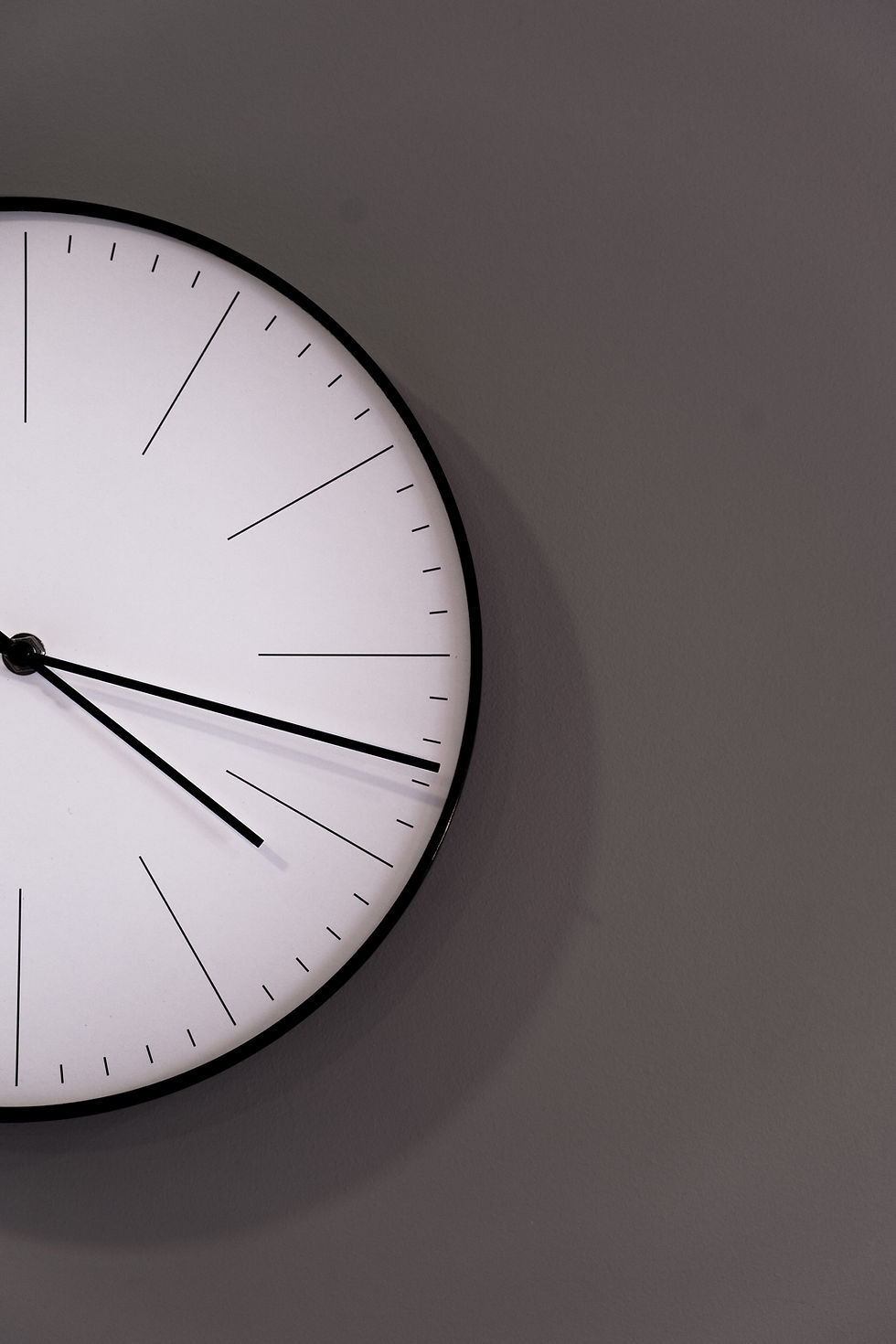Why Feminism Matters to Us
- myempower

- Oct 4, 2019
- 3 min read
I know what you’re thinking when you see “feminism” or “feminist”, and NO, it is not about the rage and hatred towards men and not about women deserving privileges. In fact, feminism is all about us. The fundamental proposition of feminism is all humans regardless of gender should have equal rights in all aspects.
Negative stigma on feminism?
I can imagine for some of you that feminism evokes an image of a bra-burning angry feminist saying women should run the world. Anti-feminist movement even claims that feminism is all about female superiority. However, feminism does not aim to oppress men but rather to smash the patriarchal structures, systems and culture. Patriarchy is a social system where men hold the power and are predominantly in roles as leaders such as head of households, political leadership, moral authority and main inheritance of property.
Patriarchy manifests in our daily life such as:
(i) Women are expected to be pretty and thin in order to fit into “societal beauty standards” This is a clear example of the objectification of women’s bodies. Women are treated as objects, focusing on her physical appearance instead of seeing her as a whole person. This has fed into the idea that women’s bodies are considered property and are allowed to be watched, discussed, harassed or sexualised in most media portrayals.
(ii) Men are better leaders than women Men tend to be associated with leadership qualities, better at decision-making and problem-solving. On the other hand, women are usually seen as caring but incapable in making tough decisions but if she becomes the boss, then she is seen as being bossy. These are gender stereotypes. Both men and women can be great leaders. However, despite this, women representation in decision-making roles are still far lesser compared to men.
(ii) Women stay home while men work In a heterosexual marriage, there is an expectation that the woman will stay at home to be a full-time housewife once married while men act as the breadwinner that earns money to support the household. These traditional gender roles were taught since we were young, it moulds certain behaviour deemed as appropriate and acceptable based on gender.
Why do we need feminism?
Feminism talks about women empowerment because it recognises that women are being discriminated by discriminatory and patriarchal law, practices, attitudes and stereotypes. Although some believe that there is no need for feminism because women can now do what men do, like access to education, employment participation and voting. Yet, female labour participation rates in Malaysia is only 54.7% [1] despite having more female students at institutions of higher learning with enrolment rates at 62%[2]. This can be attributed by the traditional roles of women as family caretaker or child bearer once they get married. Women makes up half of the voter population, but female parliamentarians in Malaysia are only at 15%.
Let’s not forget about female representations from diverse marginalised group such as indigenous women, women with disabilities, migrant women and transgenders that are not even in the picture! Feminists do not only think that women are not able to speak up but we also realise that there are many groups that are also not included in most discussion and decision-making processes.
The patriarchal system does not only oppress women, but it is also extended to men. Men are taught to suppress emotions, to be controlling and dominating as well as treating women as inferior. This toxic masculinity tells men to conform to masculine traits like to not be sensitive and vulnerable. These extreme form of traits building up in men could have harmful effects such as inclinations to violence, aggression and stoicism.
In short, feminism is not limited to just women issues. It addresses the inequality faced by men, women, LGBTQ and other minority groups, a fight for all. In the country we live today, we still have discrimination against women in the name of cultural and religious values which result in making most women feel incompetent and inadequate compared to men.
Sexist remarks by misogynistic politicians and moral-policing on how women should dress are still serious issues that we deal with currently and this will need to change if we are striving for a more just and fair society where everyone is considered equal which is why, feminism should matter to all of us.





Comments